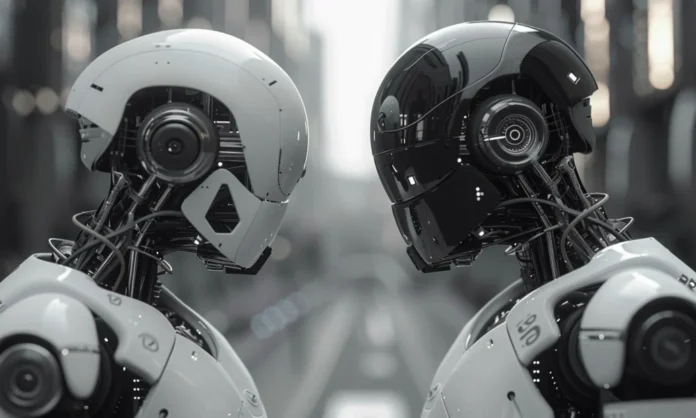Artificial Intelligence and the Battle for Humanity’s Future
In the rapidly evolving landscape of artificial intelligence, a legal drama has unfolded that captures the intersection of visionary ideals and corporate realities. Elon Musk, a figure synonymous with groundbreaking advancements in technology, has initiated a lawsuit against OpenAI, the AI research organization he co-founded. The crux of this legal battle lies in what Musk perceives as a deviation from the original ethos of OpenAI – a commitment to developing AI technologies as a non-profit endeavor for the greater good of humanity.
Musk’s Criticism of OpenAI’s Founding Vision vs. Current Reality
In the beginning, OpenAI emerged as a unique entity in the tech landscape – a non-profit organization dedicated to the development of artificial intelligence for the betterment of humanity. Founded in 2015, with significant involvement and funding from Elon Musk, OpenAI’s mission was clear and noble: to counterbalance the dominance of large tech corporations like Google in the AI space and to ensure that AI advancements were accessible and beneficial to all.
Fast forward to 2024, and the narrative has taken a dramatic turn. Musk, having parted ways with the board in 2018, views OpenAI’s current trajectory as a stark departure from its founding vision. His lawsuit contends that OpenAI has reneged on its original commitment to operate as a non-profit. Central to his allegation is the claim that OpenAI, under the leadership of Sam Altman and Greg Brockman, has shifted its focus towards profit-making ventures, especially after forming a substantial partnership with Microsoft.
OpenAI’s Counterarguments: Financial Contributions and Strategic Choices
OpenAI’s response to the lawsuit brought forth by Elon Musk involves a critical re-evaluation of Musk’s financial contributions. Contrasting Musk’s claims in a company blog, OpenAI asserts that his actual monetary input was approximately $45 million, significantly less than the up to $1 billion he had initially pledged. This revelation aims to recalibrate the perception of Musk’s influence on the organization’s development and success. OpenAI further emphasizes that their funding pool, exceeding $90 million from various donors, was instrumental in driving their research forward, thus diluting the weight of Musk’s financial role in their journey.
Heart of the Debate: Microsoft and AGI
At the core of Elon Musk’s lawsuit against OpenAI is the concern surrounding the use of intellectual property, specifically relating to GPT-4 and other advanced AI models, which Musk alleges are being leveraged for commercial gains, predominantly by Microsoft. Musk argues that these technologies, which he considers to be on the threshold of AGI, were meant to be developed for the benefit of humanity as a whole, not for the financial benefit of a single corporate entity. He expresses apprehension that OpenAI’s close ties with Microsoft have led to a scenario where AGI and its profound capabilities are primarily being used to serve Microsoft’s commercial interests, rather than being directed towards more altruistic, globally beneficial purposes.
Shaping the Future of AI Development
The legal tussle between Elon Musk and OpenAI transcends a mere corporate dispute, poised to leave a lasting imprint on the AI industry. This lawsuit, with its focus on the utilization and control of groundbreaking technologies like GPT-4 and AGI, could set significant precedents influencing how AI companies operate and collaborate. The outcome has the potential to redefine industry dynamics, possibly altering the way AI technologies are developed, commercialized, and made accessible to the public.
As AI continues to evolve and permeate various aspects of society, the resolution of this lawsuit may provide critical insights into how these powerful technologies should be governed and for whose benefit they should be optimized. In an era where AI’s impact is increasingly pervasive, the Musk vs. OpenAI saga is not just a legal battle but a reflection of the ongoing struggle to align technological advancement with the greater good.

